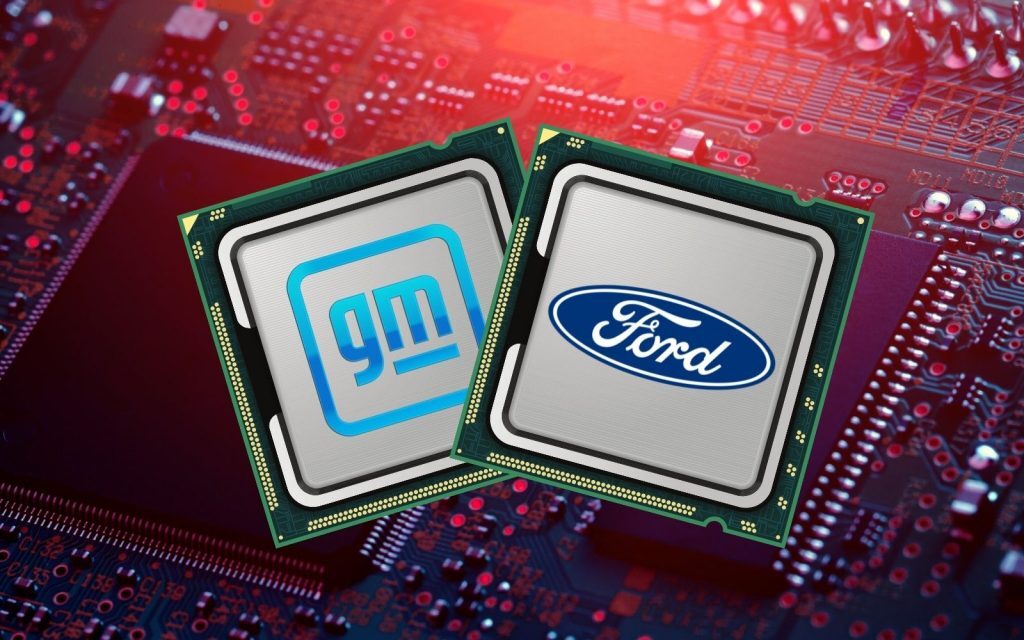The chip shortage is causing all sorts of changes in the tech world. Some items are harder to get (like game consoles), some cars are dumping features until supplies improve, and some car manufacturers — like Ford and GM — are becoming involved in the chip manufacture process.
But the American automakers aren’t setting up their own production plants. Instead, they’re making deals with various established chip-makers to ensure that there’s enough silicon to go around. Presumably just for themselves. They’re probably not too concerned with BMW’s current fate.
A-Ford-able chipsets?
Ford announced that it would team up with GlobalFoundries to “…create further semiconductor supply for Ford’s current vehicle lineup”, as well as begin “…joint research and development to address the growing demand for feature-rich chips to support the automotive industry.” How the companies intend to do this is left murky, but Ford aims to develop chips for advanced driver-assist systems, battery management, and in-vehicle networking. The GlobalFoundries partnership will also benefit the automotive industry at least, according to Ford. That will involve “…expanded semiconductor manufacturing opportunities”, which sounds like ‘people will buy chips from us’.
GM, on the other hand, intends to work with several chip-makers. Qualcomm, TSMC, and others are all on the list, according to Bloomberg, as the vehicle manufacturer looks to simplify its semiconductor use. GM sees in-vehicle semiconductor usage more than doubling over the next few years and hopes to streamline the process before that happens. It hopes to develop a family of chips across three different manufacturers, that would make installing microprocessors less complex.
Both moves are positive. They could even pave the way for more affordable vehicle parts in the future. The electronic bits, anyway. And, just maybe, perhaps we might see a device that isn’t a car powered by Ford or GM silicon. That would be something to see.
Source: Wall Street Journal




